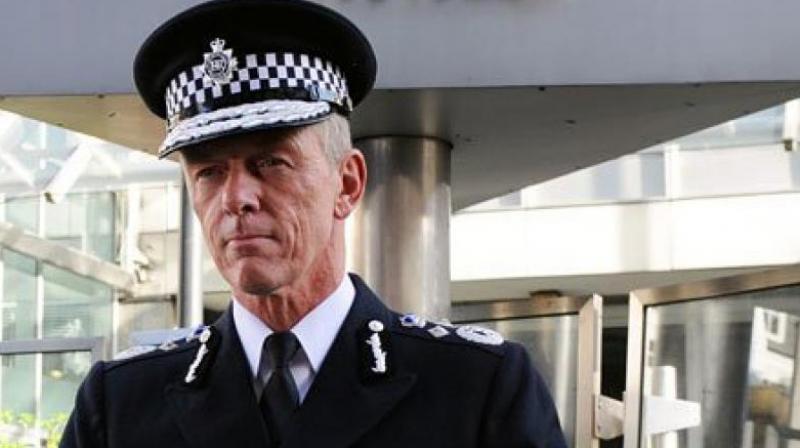We learn a lot from exchange with India: Scotland Yard chief

London: UK's largest police force has learnt a lot from exchange programmes with the Indian police and by sharing insights on terrorism, Scotland Yard commissioner, Sir Bernard Hogan-Howe has said.
The UK's senior-most police officer, who will be retiring from the Metropolitan police next month, said police forces of all countries must work together because the threat of terrorism is global.
"The threat of terrorism is global and while we share our insights, there is a lot we learn from the forces we work with in South Asia as well," the 59-year-old officer said during a briefing at the UK Foreign Office last week.
Asked if police forces in India were among those with whom Britain's largest police force worked with, he added: "We do exchange officers regularly with countries like India. The police academy works closely with counterparts in the region.
"We have learnt a lot from these countries as well. At a time of the global threat of terrorism, we must work together."
The outgoing police chief said his experience with Scotland Yard over the years had reaffirmed the importance of good intelligence as the best protection against terrorism.
"The best protection is good intelligence so that an arrest can be made before the event. We also work on identifying such threats and work towards de-radicalising people as far as possible.
"We are constantly learning lessons from attacks and create physical barriers around important buildings and areas to reassure people," he said.
Hogan-Howe also highlighted his efforts to make the Met Police a more diverse police force, with recruitment from ethnic minority communities on the rise.
"I wanted to have a more representative Met, given London is such a diverse city. Over the last two and a half years, one in four, and more recently one in three, of our new recruits is from a minority group," he said.
The man in charge of policing the British capital said he believed creating a more diverse police force could also help fight terrorism.
"About a third of the information we get about terrorism comes from the community. If our officers are out on patrol and they are approachable, people will tell you things," he said.
The 59-year-old sited a drop in the number of people stopped and searched on the streets of London as among his achievements during his career.
"The data showed we were stopping and searching a lot of people and disproportionately minorities. I decided we would reduce the number of stop/searches, and we reduced it by 70 per cent, and yet we arrested more people and reduced the amount of crime," he said.
The Commissioner also praised London's "excellent" CCTV network, which led to 95 per cent detection of criminals.

